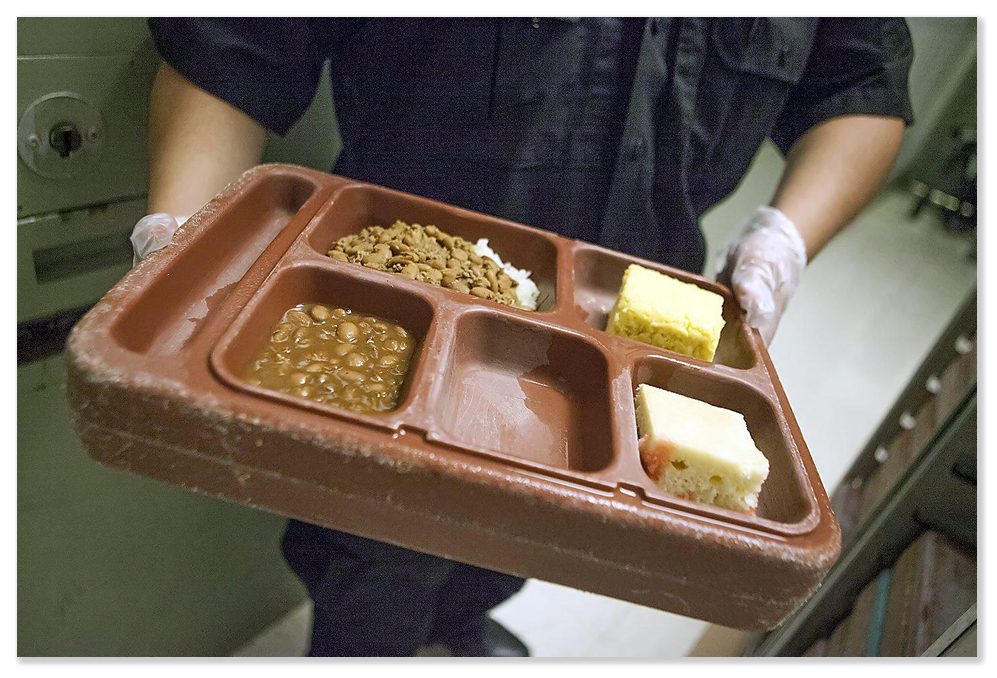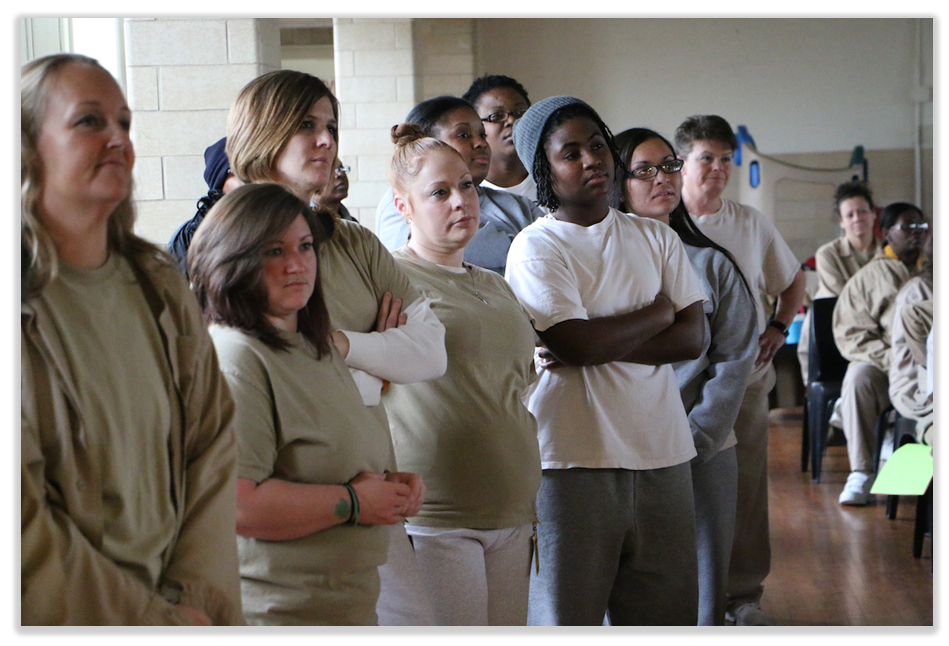We post news and comment on federal criminal justice issues, focused primarily on trial and post-conviction matters, legislative initiatives, and sentencing issues.

FEDERAL PRISON CONDITIONS NOT GOOD FOR STAFF OR INMATES AS SHUTDOWN CONTINUES
 The partial government shutdown, about to enter its fifth week, has led to the furloughing of up to half of the BOP’s 36,000-person staff, including many who provide therapeutic programs and other services considered not to be “essential.” The agency is asking its remaining employees to keep working unpaid, focusing on maintaining security even if that’s not usually their primary job.
The partial government shutdown, about to enter its fifth week, has led to the furloughing of up to half of the BOP’s 36,000-person staff, including many who provide therapeutic programs and other services considered not to be “essential.” The agency is asking its remaining employees to keep working unpaid, focusing on maintaining security even if that’s not usually their primary job.
“It’s an absolute disaster,” said the president of the union chapter in Victorville, California, home to one of the nation’s largest concentrations of federal prison guards. “I have staff that are resorting to getting second employment – like Uber driving.”
Union officials reached by The Washington Post reported last week that the number of employees who are not showing up for work has at least doubled since the shutdown began. As a result, those showing up are routinely working double shifts, correctional officers and other prison staff members say. “There has been a rise in people calling in sick and taking leave during the shutdown,” said Richard Heldreth, president of the corrections officer union at Hazelton prison in West Virginia. “The staff who are showing up are dealing with this violence, long hours and extra overtime with the uncertainly of when we will be compensated.”
The BOP said only that the lack of funds from Congress means that only those employees whose duties involve “the safety of human life or the protection of property” are permitted to work.
The shutdown is having other consequences as well, including canceled visiting hours and empty commissary shelves. Also, applications of terminally-ill inmates awaiting “compassionate release” are going unread.
A more urgent problem, said Robert Hood, former warden of the ADMAX Florence, is the possibility of mental-health staff being furloughed. “Most BOP facilities will run without the myriad of programs normally offered” to address the needs of dangerous or mentally ill prisoners, Hood said.
 The U.S. courts are equally affected. Federal courts are funded only through next week. Beyond that, there is a likelihood of serious delays for many cases, but even experts and government officials are uncertain exactly how a prolonged shutdown might play out. The Administrative Office of the U.S. Courts (AOUSC) now says that federal courts can continue paid operations using “court fee balances and other ‘no-year’ funds” until Jan. 25.
The U.S. courts are equally affected. Federal courts are funded only through next week. Beyond that, there is a likelihood of serious delays for many cases, but even experts and government officials are uncertain exactly how a prolonged shutdown might play out. The Administrative Office of the U.S. Courts (AOUSC) now says that federal courts can continue paid operations using “court fee balances and other ‘no-year’ funds” until Jan. 25.
If the court system runs out of reserves, according to AOUSC, the Anti-Deficiency Act kicks in. Involved parties can expect delays in discovery, briefing and other communications from the DOJ and other federal agencies.
Civil litigation, generally, will be the first casualty of the shutdown. Criminal cases will be prioritized, as they are matters of public safety, according to the Administrative Office. Every court will be affected, though it remains uncertain to what extent. Judges remain responsible for managing their cases, even during the shutdown, and will generally address stays, delays and important date changes on a case-by-case or district-by-district basis.
The Marshall Project, What the Government Shutdown Looks Like Inside Federal Prisons (Jan. 7)
Washington Post, Tensions rise in federal prisons during shutdown as weary guards go without pay and work double shifts (Jan. 10)
Law360, What Attorneys Need to Know About the Shutdown (Jan. 10)
Administrative Office of U.S. Courts, Judiciary to continue funded operations until Jan. 25 (Jan. 16)
– Thomas L. Root


 His judge granted Darren’s retroactive Fair Sentencing Act motion and ordered his release on Feb. 25. But when he showed the halfway house the judge’s order, it called some unnamed Bureau of Prisons employee, who ordered them to refuse to let Darren leave.
His judge granted Darren’s retroactive Fair Sentencing Act motion and ordered his release on Feb. 25. But when he showed the halfway house the judge’s order, it called some unnamed Bureau of Prisons employee, who ordered them to refuse to let Darren leave.



















